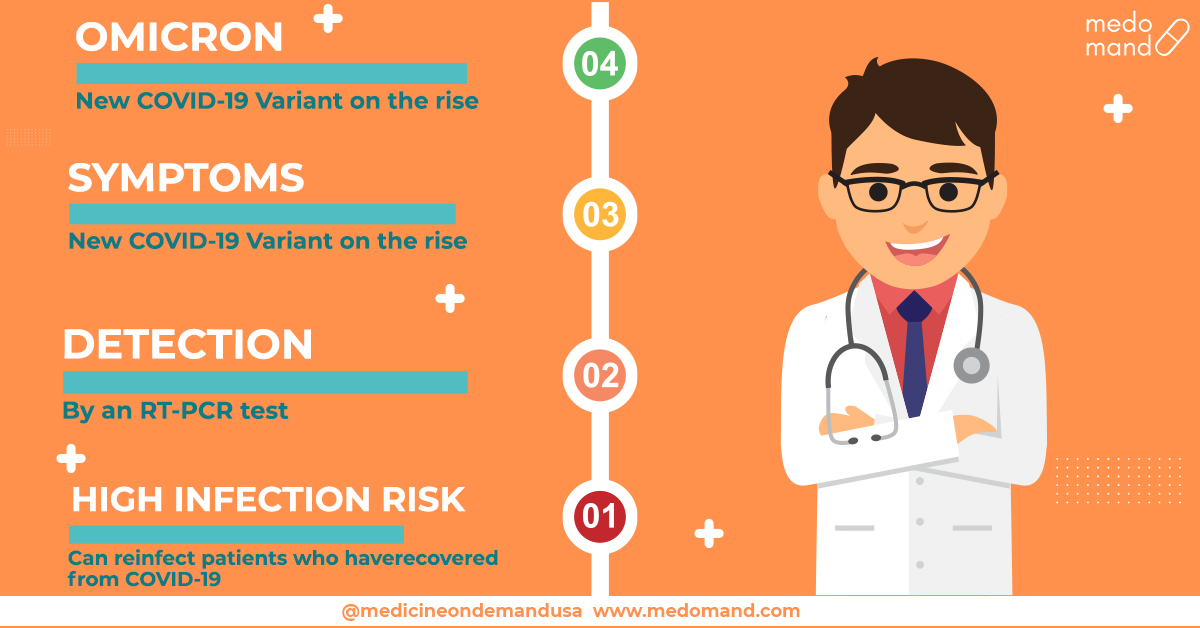When it comes to COVID-19 variants, ‘Omicron’ grabs your attention certainly. Its name only sounds ominous. The WHO or World Health Organization has officially classified it as a concern. A few weeks since its discovery, Omicron has become highly transmissible, with several positive cases rising rapidly across the nation. Besides, it is less susceptible to vaccines as compared to other variants.
What is the Omicron Variant?
It was first identified in November in Botswana and South Africa. The Omicron variant has escalated worldwide over the past month, faster than any other previously known variant of the coronavirus. Though scientists are working on understanding the behavior of this variant, it is rapidly causing a rise in new cases that may push some healthcare systems to the breaking point.
Omicron was recognized by its distinctive combination of over 50 mutations. The WHO designated it as a variant of concern of November 26, 2021, warning that it poses a very high risk globally. Since then, Omicron has been recognized in more than ninety countries. This variant of concern is surging to dominance quickly in several parts of the globe.
Why is it Called Omicron?
When the World Health Organization started to name the variants of the coronavirus, they began with the Greek alphabets such as Alpha, Beta, Gamma, Delta, and it goes on, making it easier to name. Alpha, the first variant, was identified in late 2020 in Britain, followed by Beta in South Africa.
Veterans from American sororities noticed that the system skipped the next two letters, Nu and Xi. The officials thought Nu would be confused with the new, and Xi is a bit complicated and confusing.
Does Omicron Variant Spread Easier and Faster Than Others?
Yes, it spreads quite easily and faster than other variants, which is a real concern. It is 2-3 times more likely to spread as Delta variant. The earliest proof for the fast spread of Omicron came from South Africa, where it grew to dominance rapidly in a province. Scientists could catch the new variant in its upswing in other countries. However, the picture is still the same. The Omicron cases are getting doubled every 2 to 4 days which is a much shorter period than Delta that takes to get double.
Researchers are unsure why Omicron is spreading so fast. A possibility of it invading the cell more readily is being speculated, whereas other possibilities include the ability to multiply inside cells.
How Much Protection Can Vaccines Offer Against Omicron Infection?
Studies suggest that the full vaccination dose and a booster shot can help you provide strong protection against infection with Omicron. With two vaccine doses without a booster, the protection provided is less. But, still, two vaccination doses appear to protect Omicron.
When testing antibodies from the patients with just two doses of vaccination, scientists didn’t see good results in protecting against the new variant. However, they observed a different picture when they rested antibodies from the people who had a booster shot of vaccines. Boosted antibodies were able to block Omicron viruses from infecting the cells. A similar response was seen when they took antibodies from fully vaccinated people with two doses after a COVID-19 infection. Their antibodies were quite strong against Omicron.
How Bad Will A Case Caused By Omicron Variant Be?
Studies in South Africa, England, and Scotland have shown a lower percentage of Omicron infections leading to hospitalizations than the Delta variant, which was dominant from the summer to December. It is suggested that Omicron is a little milder than the Delta for unvaccinated people who previously didn’t have COVID. The double vaccination dose offers strong protections from Omicron against getting hospitalized. A booster shot is likely to raise the effectiveness against Omicron.
Studies have shown that the re-infections with the new variant of concern are more common than other variants. However, the immunity from previous infections decreases the chances of getting hospitalized.
What is the Defense against Omicron?
The best defense to stay safe from the Omicron variant of COVID-19 is to be aware of your community and surroundings spread in your area. Also, exercise the following precaution that you know work, such as:
- Washing your hands regularly
- Avoiding touching your eyes, nose, and face
- Avoiding indoor crowds
- Social distancing in public spaces
- Wearing a mask
- Getting vaccinated- two doses
- Get your booster shot for COVID-19 once eligible
As the holiday season goes on, you need to take extra precautions and avoid crowded places. There are no statements including ‘or.’ All the points must be strictly followed. Even if you are vaccinated and have received your booster shot, you still should be maintaining social distance, wearing a mask in public and around vulnerable near and dear ones.
In addition, improve your immunity by making small changes in your diet and lifestyle. Besides, you can also take supplements to boost your immune system.
What are the Symptoms of Omicron?
The variant of concern, Omicron, sweeps the world. Its symptoms are similar to that of the classic COVID-19, which is fever, cough, and loss of taste and smell. According to the data gathered to date, the following are the symptoms found in people who got infected with Omicron:
- Sore throat
- Sneezing
- Fatigue
- Headache
- Runny nose
If you live in an area experiencing high infection rates, consider staying safe at your home and reducing social contact. Besides, if you see people having the symptoms mentioned above, maintain social distance from them. Moreover, identify all the symptoms of Omicron and get yourself isolated and tested when you experience them.
The Bottom Line
Omicron, Delta or any other variant, the most pressing issue is that too many people are there who haven’t got their vaccination yet. Vaccines are effective, safe, and your best defense against coronavirus. So, even if you had a COVID-19 infection, get your vaccination.
Vaccination provides stronger immunity and lasts longer than the natural one. Besides, unvaccinated adults are twice more likely to get re-infected with coronavirus than those who get vaccination after recovering.
Disclaimer: The information contained in this article is for educational and informational purposes only and should not be relied upon for any diagnostic or medical purpose or the treatment of any symptom or condition.

